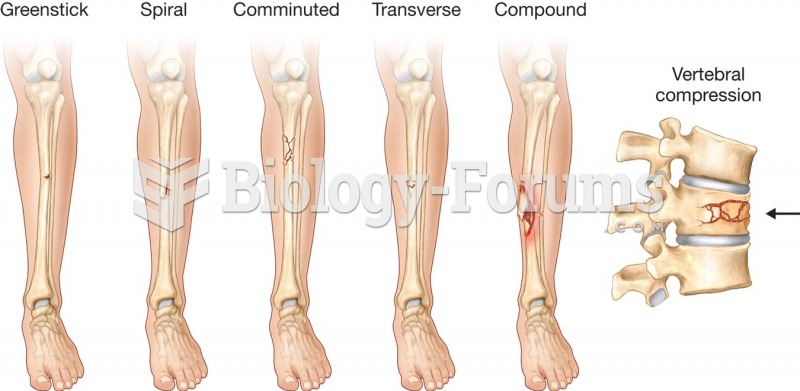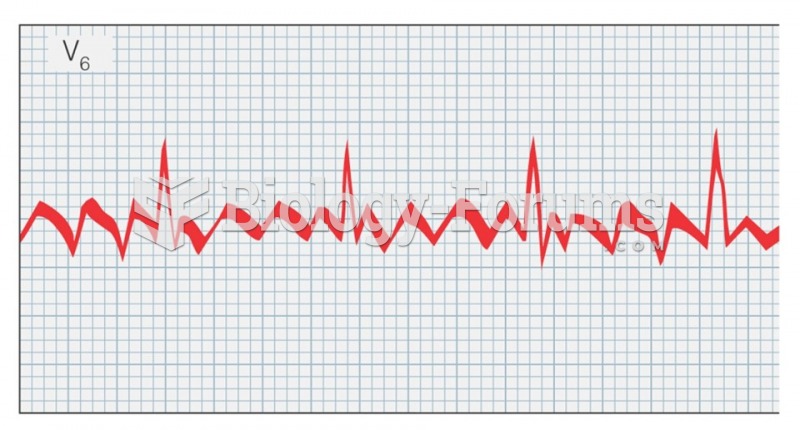|
|
|
On average, someone in the United States has a stroke about every 40 seconds. This is about 795,000 people per year.
The people with the highest levels of LDL are Mexican American males and non-Hispanic black females.
In ancient Rome, many of the richer people in the population had lead-induced gout. The reason for this is unclear. Lead poisoning has also been linked to madness.
The B-complex vitamins and vitamin C are not stored in the body and must be replaced each day.
A recent study has found that following a diet rich in berries may slow down the aging process of the brain. This diet apparently helps to keep dopamine levels much higher than are seen in normal individuals who do not eat berries as a regular part of their diet as they enter their later years.







